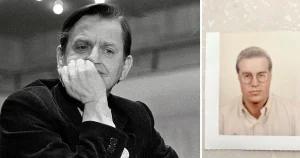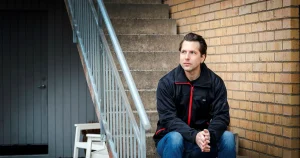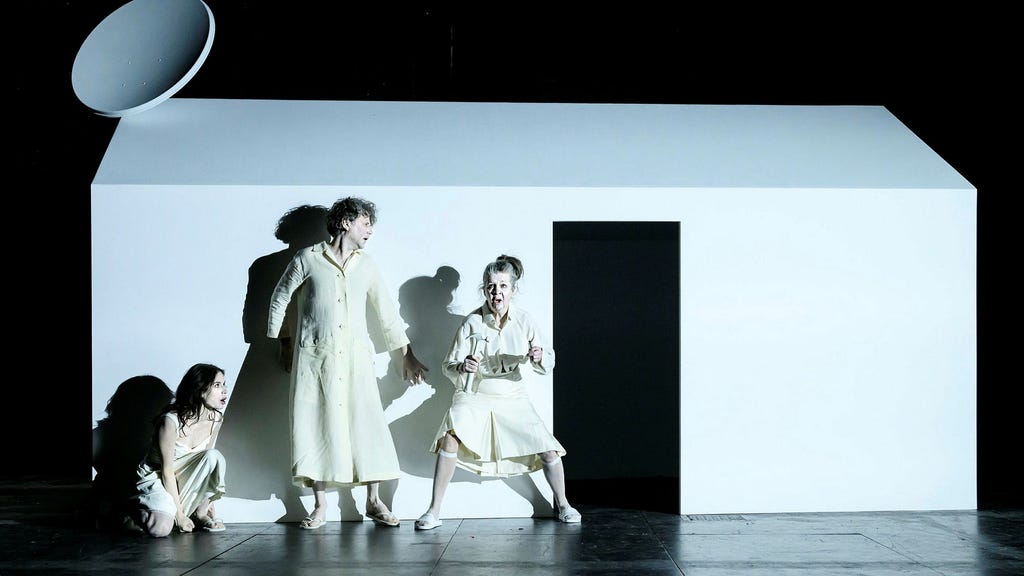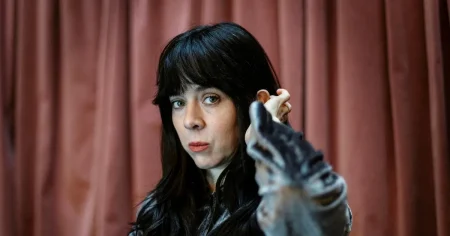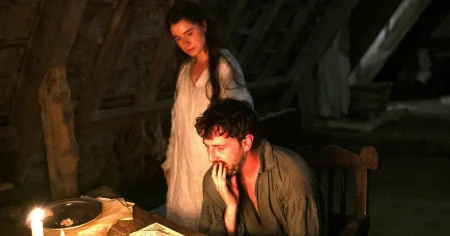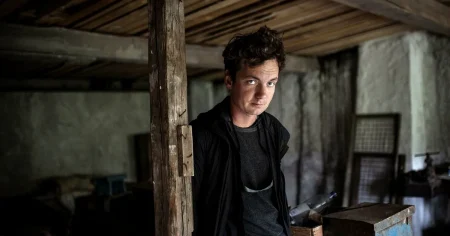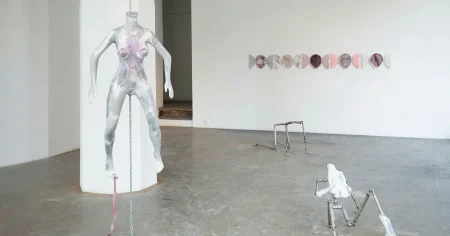The waning interest in Alan Ayckbourn’s plays, once a staple in theaters worldwide, marks a concerning shift in the cultural landscape. Scarborough, the English coastal town synonymous with Ayckbourn’s premieres at the Stephen Joseph Theatre, is experiencing a decline in attendance, reflecting a broader trend. This decline is especially noticeable in Sweden, a country historically receptive to Ayckbourn’s work, from prestigious venues like the Royal Dramatic Theatre to regional companies like the Norrbotten Theatre. This raises the question of whether the theater, susceptible as it is to changing trends, is simply devouring its own legacy. Nine years ago, actor Andreas T Olsson preemptively questioned Ayckbourn’s relevance in a prescient article, wondering if the playwright was already figuratively dead. Ironically, our current era of absurdity seems tailor-made for Ayckbourn’s signature blend of the mundane and the death-defying, yet his work fades from view.
Ayckbourn’s plays, such as the darkly comedic ”Body Language,” explore the bizarre and unsettling aspects of everyday life. In ”Body Language,” two women at a beauty salon tragically lose their heads in a freak helicopter accident and subsequently receive the wrong heads in a transplant operation performed by a dexterous Russian surgeon. This absurd scenario, while extreme, resonates with the anxieties and uncertainties of modern existence, a hallmark of Ayckbourn’s style. His work often forces audiences to confront uncomfortable truths about themselves and the world around them, cloaked in a veneer of humor and farce. The very fact that such a bizarre premise feels relatable underscores Ayckbourn’s uncanny ability to tap into the underlying absurdity of human experience.
The declining popularity of Ayckbourn’s work likely stems not from purely economic factors, but from a broader shift in cultural tastes and trends. Victor Malm’s analysis of the changing definition of literature highlights a similar phenomenon. Malm argues that the concept of literature is increasingly defined by its social utility rather than its inherent artistic merit. This emphasis on ”usefulness” and social relevance, he suggests, overshadows the purely literary qualities of a text, diminishing the importance of artistic expression for its own sake. This shift mirrors the pressures experienced by the theater, where the demand for relevance and social commentary can sometimes eclipse the artistic value of a production.
The parallels between literature and theatre are striking. While literature retains a degree of prestige, bolstered by institutions like schools and the concept of a literary canon, theatre’s survival depends on a shrinking public sphere. In the past, theatrical productions, like those of the Fria Proteatern political theatre group, captured widespread public attention, almost functioning as political rallies. These performances generated immediate discourse, impacting the public consciousness in a way rarely seen today. Similarly, Bergman’s work, though different in style and focus, commanded significant public attention and debate. This level of public engagement with theatre contrasts sharply with the current landscape, where productions often struggle to reach beyond a niche audience.
Historically, theatre has held a unique position in society, serving as a platform for both entertainment and social commentary. Dario Fo, a prominent Italian playwright and actor, championed theater as the paramount form of popular expression. This notion is echoed in the historical impact of theatrical productions, from the politically charged performances of groups like Fria Proteatern to the more psychologically driven dramas of playwrights like Lars Norén. Norén’s work, in particular, sparked controversy and moral panic in the 1980s, demonstrating the power of theatre to ignite public debate and challenge societal norms. The intensity of these reactions underscores the significance of theatre as a space for confronting uncomfortable truths and exploring complex societal issues.
Today, theatrical successes are often fleeting, lacking the sustained impact of earlier eras. The decline in public engagement with theatre is palpable, relegating it to the margins of cultural discourse. Initiatives like Aftonbladet’s theatre podcast, ”Kritcirkeln,” offer a glimmer of hope, but the overall trend is concerning. As long as society values literature as a source of knowledge, theatre should retain a similar level of importance as a social training ground. Investing in education and fostering young people’s engagement with theatre is crucial for its continued vitality. Freud’s observation about the poetic nature of children’s play highlights the inherent human need for imaginative expression and world-building, a need that theatre uniquely fulfills. Alan Ayckbourn’s work, with its blend of absurdity and social commentary, could resonate deeply with audiences of all ages, reminding us of the power of theatre to provoke, entertain, and ultimately, help us make sense of the world around us.


